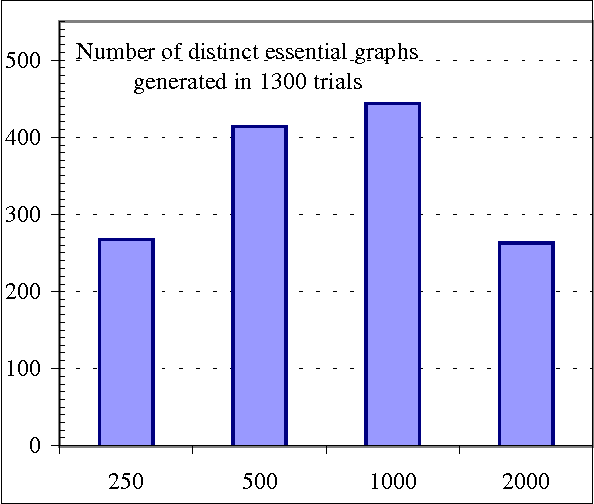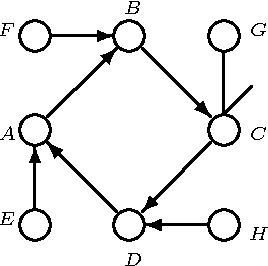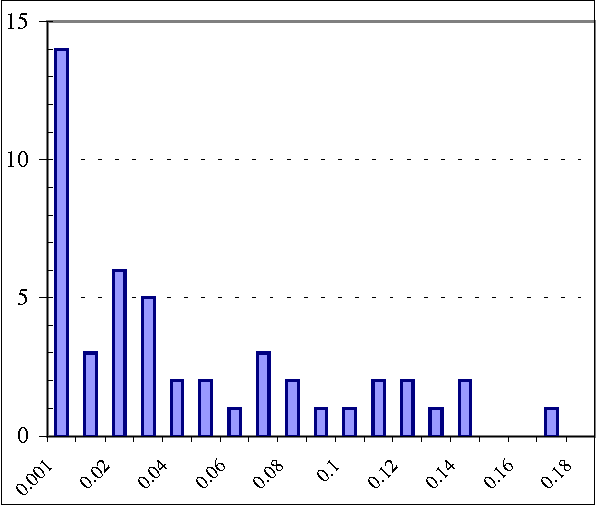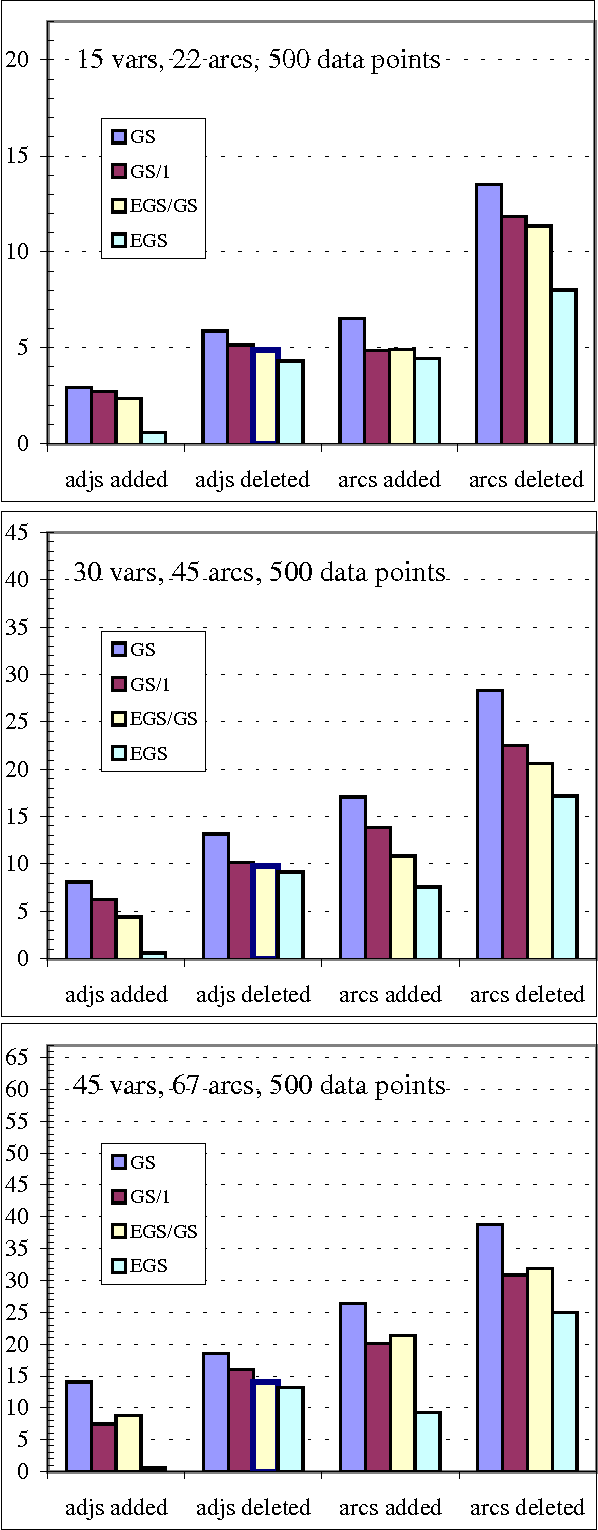A Hybrid Anytime Algorithm for the Constructiion of Causal Models From Sparse Data
Paper and Code
Jan 23, 2013



We present a hybrid constraint-based/Bayesian algorithm for learning causal networks in the presence of sparse data. The algorithm searches the space of equivalence classes of models (essential graphs) using a heuristic based on conventional constraint-based techniques. Each essential graph is then converted into a directed acyclic graph and scored using a Bayesian scoring metric. Two variants of the algorithm are developed and tested using data from randomly generated networks of sizes from 15 to 45 nodes with data sizes ranging from 250 to 2000 records. Both variations are compared to, and found to consistently outperform two variations of greedy search with restarts.
* Appears in Proceedings of the Fifteenth Conference on Uncertainty in
Artificial Intelligence (UAI1999)
 Add to Chrome
Add to Chrome Add to Firefox
Add to Firefox Add to Edge
Add to Edge